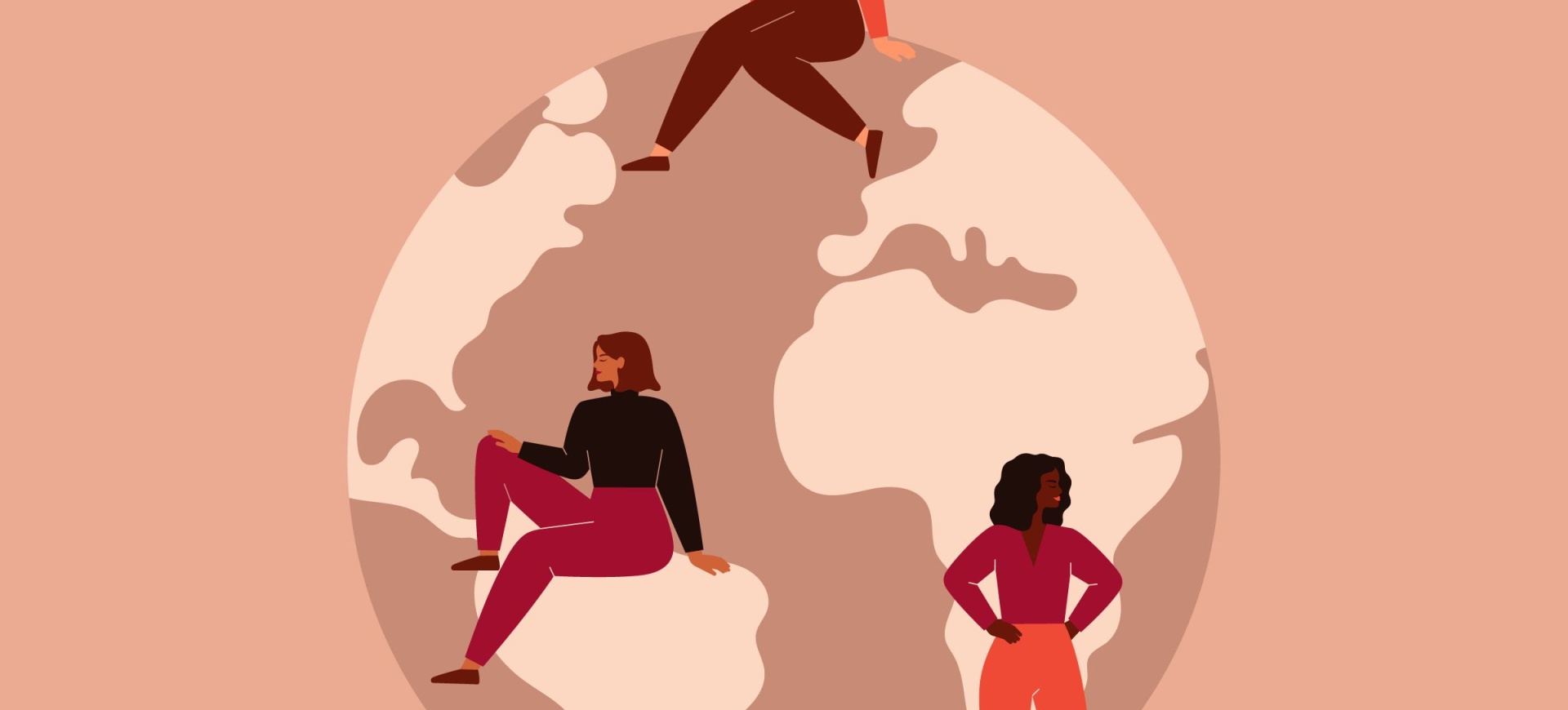Feminist climate justice
Women and girls bear the brunt of climate impacts, but are rarely engaged in or lead any of the solutions. To improve the balance, UN Women is joining the voices of women around the world to demand radical action on climate – and the G7 can lead the way
As the G7 leaders come together in Italy this year, the challenges facing the global community could scarcely be more daunting. The world is wracked by unprecedented levels of crisis and conflict that demand global, collaborative solutions just when our multilateral institutions are under pressure as never before. Although it is difficult, cooperation is imperative, especially in the area of climate change. The world looks to the G7 for bold leadership, as the planet’s survival hangs in the balance.
UN Women has joined activists from every corner of the world to demand radical action, converging on the call for feminist climate justice. Women and girls bear the brunt of climate impacts. However, women and girls are rarely engaged in or lead any of the solutions put forward. Women’s unequal access to economic resources means that when weather patterns change, and disrupt infrastructure and public services, they are less able to adapt their livelihoods, recover and rebuild. The worst case scenario in UN Women’s latest research has climate change globally pushing up to 158 million more women and girls into poverty, and 236 million more women and girls into food insecurity by 2050.
Tension over the distribution of natural resources is a growing source of conflict, one that also affects women and girls the most.
What does feminist climate justice mean in practice, and how can the G7 lead the way?
Central to the response is the reorientation of our economies away from extraction and pollution and towards sustainability, regeneration and care. As countries transition to low-emission economies, women must not be left behind. Women’s progress in accessing decent jobs has stalled in recent decades, so as new jobs are created in green sectors such as renewable energy, women should be first in line for these new jobs, along with training and reskilling as needed for uptake. Governments must also invest in the care economy, a quintessentially green sector. This would relieve women’s burdens of unpaid care work and provide millions of new jobs in health, education and care.
Devastating impacts
Climate change is already having devastating impacts for many countries in the Global South, especially for the most marginalised women and girls. That is why we need to ramp up climate finance, to support adaptation and resilience building in the face of extreme weather. In 2009, governments agreed to provide $100 billion for countries most vulnerable to climate change. This target has still not been achieved. Most of the finance provided has been through loans that are making countries’ debt problems worse with a fractional amount of climate finance reaching women in the Global South.
At this year’s 29th Conference of the Parties to the United Nations Framework Convention on Climate Change in Azerbaijan, governments will negotiate a new goal on climate finance. G7 leaders could play a pivotal role in committing to ambitious targets for climate finance, including for the new Loss and Damage Fund, and to ensuring that finance goes to the countries and women on the frontline of the crisis.
Feminist climate justice demands the representation of diverse women’s voices in environmental decision making, whether in social movements, environmental ministries or climate negotiations. Research shows that from the local level up, where women are represented in decision making, policies on climate change and the environment are stronger. Yet men occupy almost 75% of parliamentary seats, and only 15% of environment ministers are women. And women often face violent pushback as they defend human rights and ecosystems at the forefront of environmental activism. Next year, governments will be asked to submit their new nationally determined contributions, outlining the actions they will take to address climate change under the Paris Agreement. This provides a major opportunity to include women’s expertise, especially through the voices of rural, Indigenous and young women, so that the resulting climate action matches their demands and the urgency of the moment.
The climate crisis requires all hands on deck. The G7 has a special responsibility to demonstrate leadership. I ask that it seize this opportunity to advance feminist climate justice, to put women and girls at the heart of climate action and to safeguard a sustainable and equal future for us all and for the next generations.












